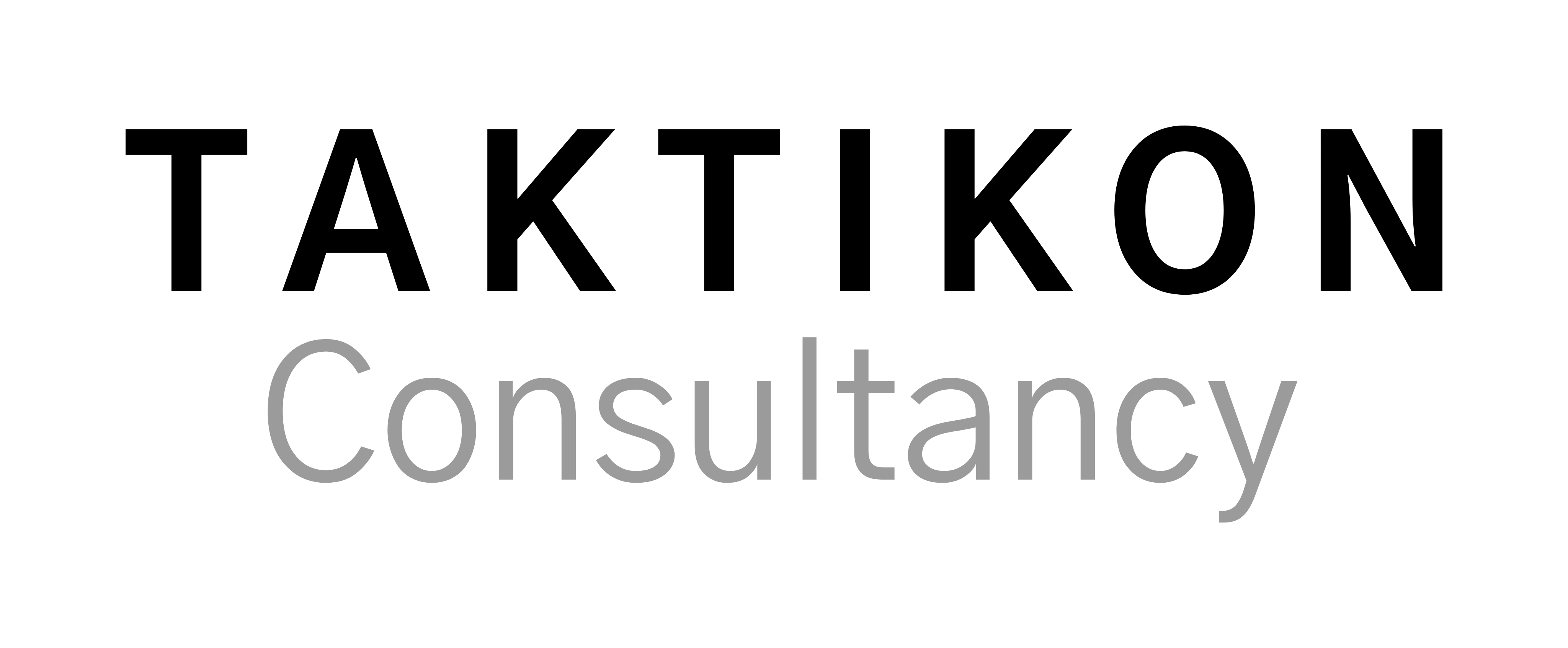In today’s fast-moving hospitality landscape, finding the right hotel technology is no longer a luxury, it is a necessity. From managing guest expectations to streamlining operations, hotel systems are the backbone of successful day-to-day business. Yet, with countless platforms and providers available, many hoteliers are left wondering: how do we choose the right tools for our hotel?
Main Challenges Hotels Face Today
Fragmented Systems and Data Silos
Many hotels still operate with outdated or disconnected hotel systems. A PMS that doesn’t talk to your booking engine? A CRM that lives in its own world? These silos create manual work, missed upsell opportunities, and reporting headaches.
Rising Guest Expectations
Guests today expect seamless digital experiences: mobile check-ins, real-time communication, personalized offers, and fast problem resolution. Legacy technology often struggles to support these touchpoints.
Staff Shortages and High Turnover
With fewer hands on deck, staff need tools that make their jobs easier, not harder. Complicated, outdated systems can lead to frustration, longer training times, and lower productivity.
Budget Constraints
While many hotel owners understand the value of good hotel technology, budgets are tight. It’s critical to ensure ROI. Technology must help increase revenue or reduce costs in a measurable way.
Data Privacy and Security
With increasing regulations and guest sensitivity around data, hotels must ensure that their systems are secure and compliant with GDPR, PCI, and other standards.
Solving the Technology Puzzle: A Strategic Approach
The good news? Each of these challenges can be addressed with the right strategy and tools. The trick is not just choosing any hotel technology, but the right one for your size, market, and goals.
Here is how we do it:
Practical Tips for Choosing the Right Hotel Systems
1. Start with Your Guest Journey
Map out the full guest journey, from booking to check-out and post-stay communication. Identify which touchpoints are crucial for your brand and which ones are currently underperforming. This exercise helps prioritize what kind of hotel systems you actually need.
2. Involve Your Team Early
Talk to your front desk, housekeeping, reservations, revenue management. What slows them down? What do they wish they had? Their input helps uncover operational needs that decision-makers may overlook. And don’t forget the Finance department. They bring essential perspectives on payment processes, reporting requirements, integrations with accounting systems, and ROI expectations. Finance can also help calculate the total cost of ownership for any new tech solution.
3. Don’t Just Focus on What’s Broken
When assessing your current stack, it is easy to focus on pain points. But don’t forget to list what works well in your existing systems. Understanding which features or processes you want to preserve helps avoid replacing tools that already meet your needs and ensures continuity for your team.
4. Avoid “Shiny Object” Syndrome
It’s easy to get excited about AI chatbots, facial recognition, or other flashy tools. But will they solve your specific problems? Focus first on technology that helps automate repetitive tasks, improve guest experience, or increase revenue.
5. Prioritize Integration and Open APIs
Your PMS, channel manager, booking engine, CRM, RMS, and POS need to talk to each other. Choose vendors with open APIs and proven integration experience. This reduces manual work and improves your ability to get meaningful insights.
6. Think Scalability and Flexibility
Choose hotel systems that can grow with you. Whether you plan to add more rooms, open new properties, or expand services, your technology should support, not limit, your growth.
7. Ask for Local References and Trials
Don’t just trust the sales pitch. Ask vendors for references in your market and request a free trial or sandbox environment. Hands-on testing gives your team a better sense of usability and reliability.
8. Consider Support and Training
Even the best technology is useless if your staff can’t use it. Look for vendors that offer onboarding, localized support, and online training resources. Cloud-based platforms often offer faster updates and easier access to help.
Conclusion: The Right Tech Is a Competitive Advantage
The hospitality industry has never been more dynamic. Guest expectations are evolving, competition is fierce, and operational efficiency is more important than ever. The right hotel technology can give your property a real edge, but only if it aligns with your needs, integrates with your existing hotel systems, and delivers tangible results.
By identifying your core challenges, involving your entire team, including Finance, and evaluating both the gaps and strengths in your current setup, you will not only avoid costly mistakes, you will create a foundation for smarter, more sustainable success.
Need help evaluating your tech stack or planning your next upgrade? Get in touch. we specialize in helping hotels align their operations and strategy with the right hotel systems for measurable results.
Read more about our Tech Stack Investigations here: https://taktikon.com/hotel-technology/
